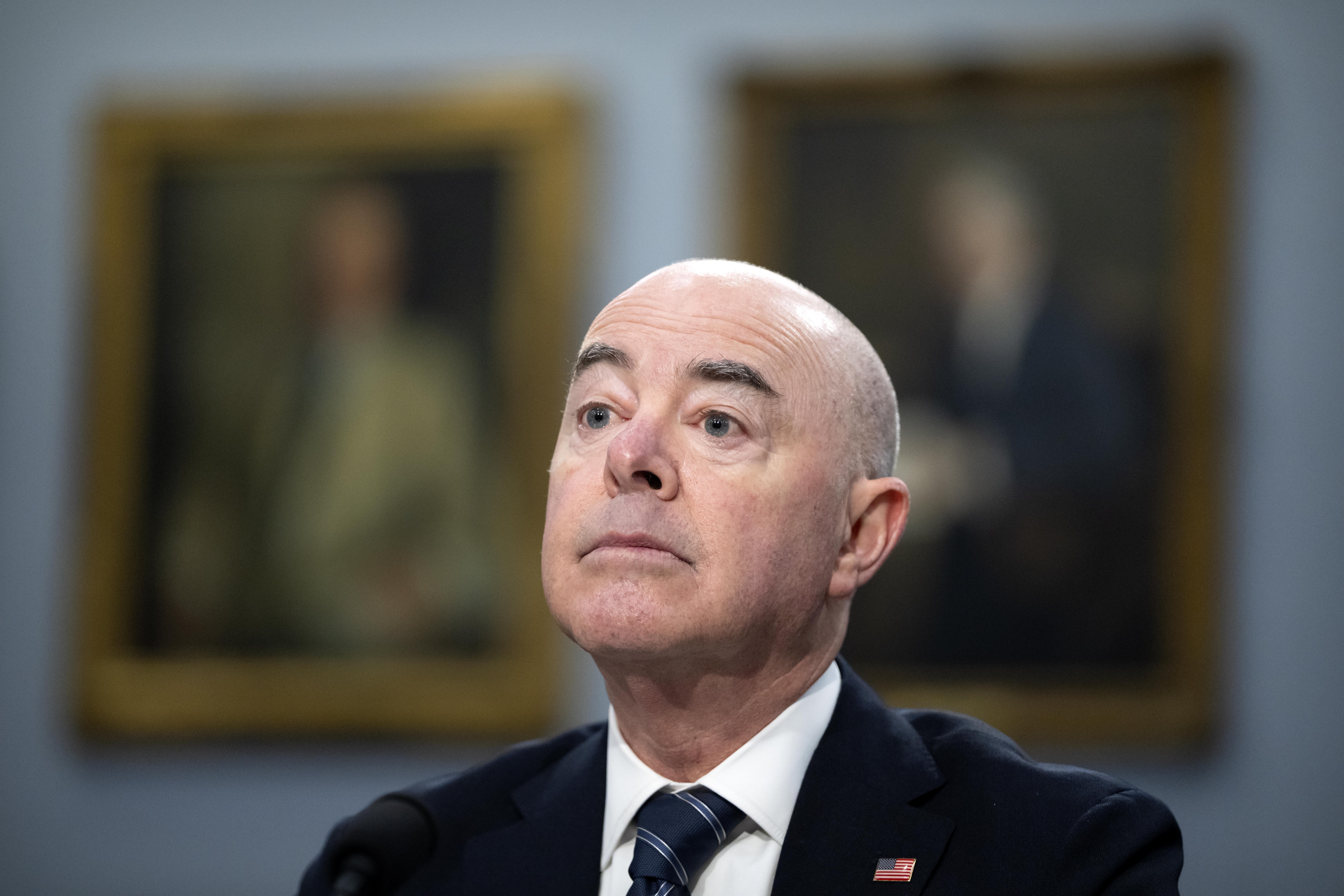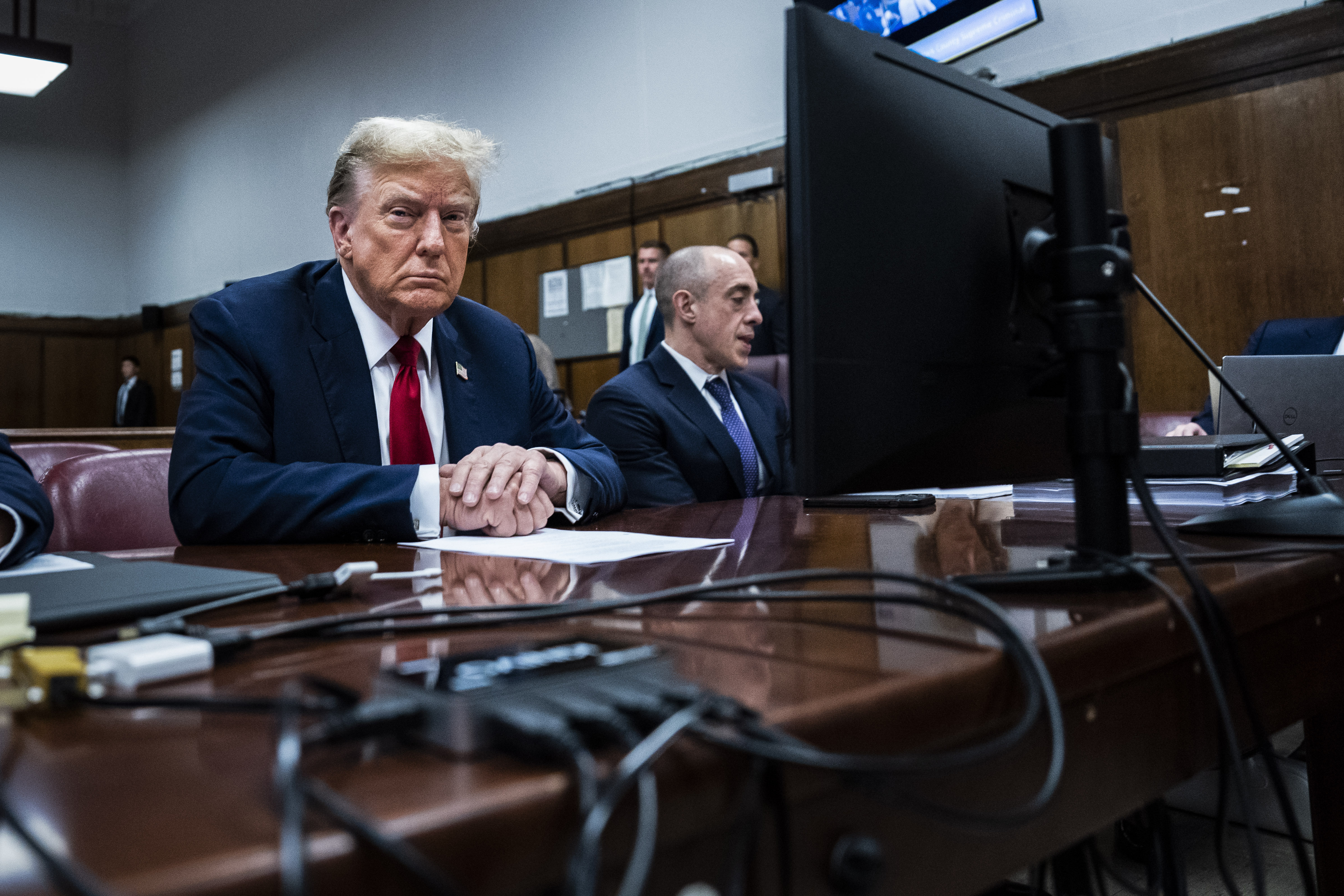
What to Know
- White House press secretary Kayleigh McEnany defended her record of voting by mail for more than a decade, while opposing expanded absentee ballot access.
- Several states have moved to give voters who fear coronavirus greater access to absentee ballots, a move Republicans have vehemently opposed.
- President Donald Trump, who also voted absentee this year, is among the most visible opponents of expanded mail-in ballots.
White House press secretary Kayleigh McEnany defended her decade-long record of voting by mail, arguing Wednesday that her public opposition to expanding mail-in voting for other people is not incompatible with her personal use of mail-in ballots.
“Absentee voting has the word absent in it for a reason. It means you’re absent from the jurisdiction or unable to vote in person,” McEnany told NBC News. “President Trump is against the Democrat plan to politicize the coronavirus and expand mass mail-in voting without a reason, which has a high propensity for voter fraud. This is a simple distinction that the media fails to grasp.”
McEnany was responding to a story published Wednesday by The Tampa Bay Times, which reported that, according to state records, McEnany has voted in Florida using mail-in absentee ballots for over a decade.
A review of state records shows that McEnany has voted by absentee ballot every time she has voted since 2008, a total of 12 times, most recently this March in the 2020 presidential primary.
In addition to being an absentee voter herself, McEnany is also a high-profile defender of President Donald Trump’s recent attacks on expanding mail-in ballots.
McEnany’s claim on Wednesday that Democrats want to “expand mass mail-in voting without a reason” ignored the threat of the coronavirus, which has killed about 100,000 Americans in the past four months. In Washington, Republicans have loudly opposed state efforts to expand ballot access by mail in light of the coronavirus threat, and few more than Trump himself.
The standard justification for Republican opposition to voting by mail is that it presents opportunities for “voter fraud.” But voter fraud, while held up as a grave threat by some, is in reality so rare that research has repeatedly shown it plays no appreciable role in American elections.
Trump, however, has said one of the main reasons he opposes mail-in ballots is because, he tweeted in April, voting by mail favors Democrats, not Republicans.
Like McEnany, Trump himself voted by mail in Florida earlier this year. Nonetheless, he recently told reporters, “I think mail-in voting is horrible, it’s corrupt.”
When asked how he squared his own practice with his opinion of mail-in voting, Trump replied, “Sure, I can vote by mail. Because I’m allowed to.”
Politics
Despite the efforts of Republicans in Washington, several states have already taken steps to expand access to mail-in ballots for voters worried about contracting the coronavirus if they’re forced to vote in person at a polling place.
In Texas, a federal judge recently ruled that any voter concerned about the coronavirus can request an absentee ballot. And in Michigan, the secretary of state announced earlier this month that all voters would be mailed applications for absentee ballots, so they could request them if they wanted. Michigan is one of several states that does not require that voters give a specific reason for wanting to vote absentee.
California Gov. Gavin Newsom, a Democrat, recently announced that the state will mail actual ballots, not merely ballot applications, to voters ahead of November’s election, a move that drew the ire of the president.
In New Hampshire, Gov. John Sununu, a Republican, also said recently that any voter who wants to vote by mail in November will be permitted to.
A number of other states have already sent absentee ballot applications to all eligible voters ahead of primary elections this spring, including Iowa, Georgia, West Virginia and Nebraska.
This story first appeared on CNBC.com. More from CNBC:



